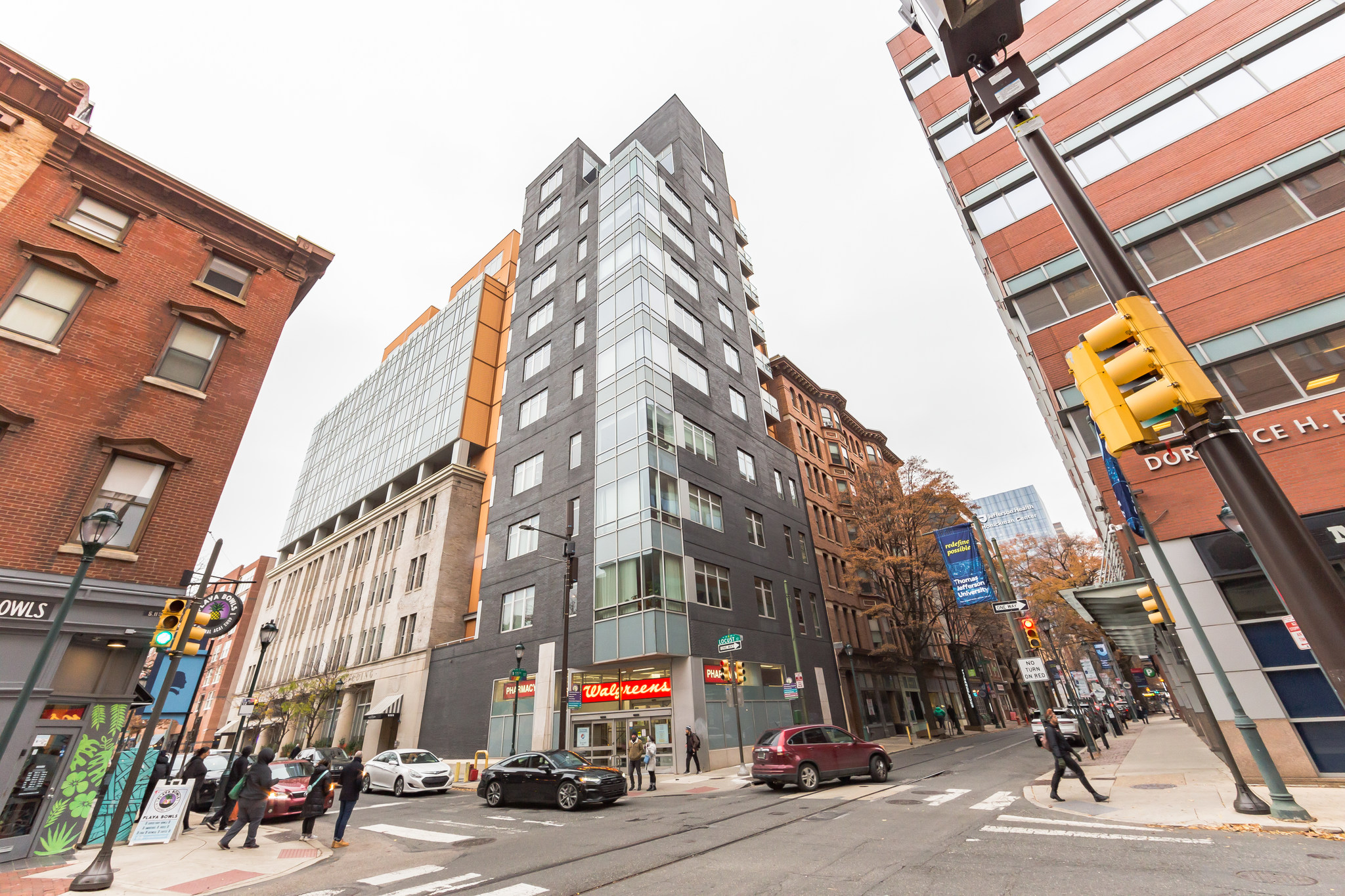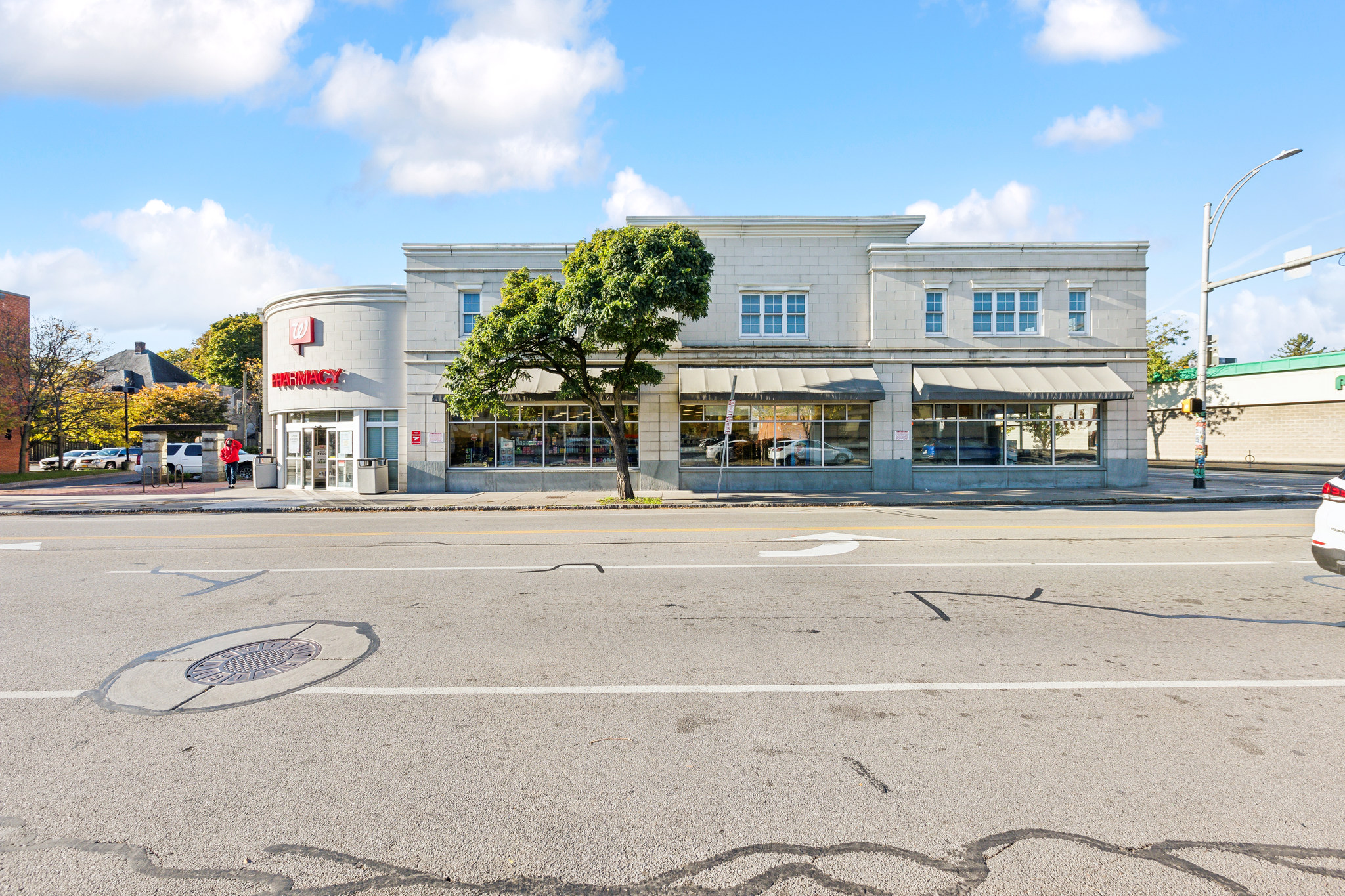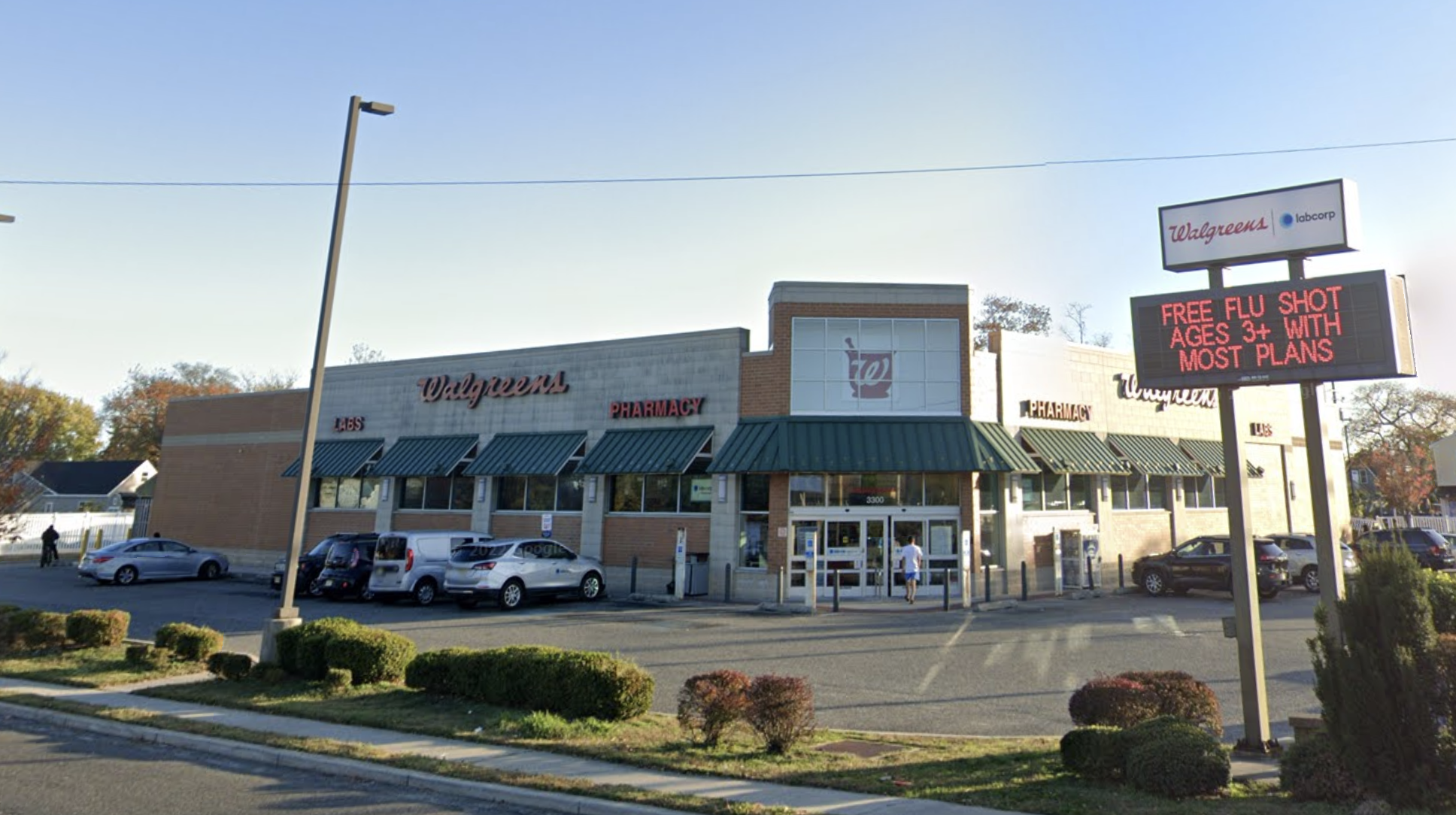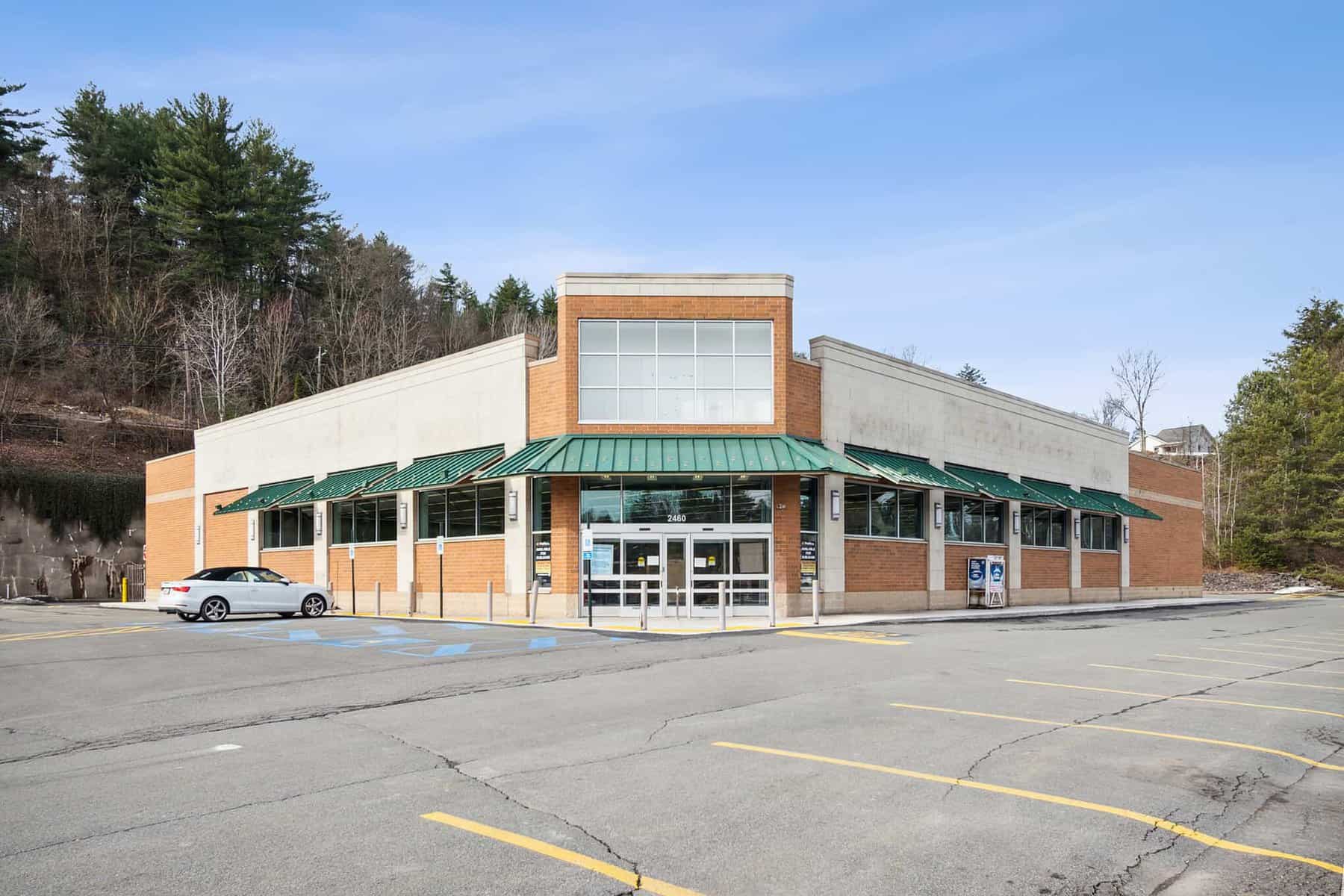Provide equal relief for commercial tenants and landlords
First, on the real estate side: the crisis started with bars and restaurants being required to close during normal business hours as they shifted to take-out only. These businesses are the heart of shopping centers and commercial districts. Now with the governor’s order extended to all non-essential businesses, tenants have already begun to reach out to express their inability to pay rent. While there is talk about rent abatements/subsidies for the commercial markets, and they certainly will be required—as many retail tenants, both corporate and mom-and-pop, went into this crisis teetering on the brink of closure—it is important to follow the dominos as they tip. The immediate and next thing we will see are landlords unable to pay their bills, including mortgages, real estate taxes, insurance, and general carrying costs if receiving significantly diminished income. Many landlords are operating on 7 to 10 percent profit margins based on cap rates. Consider the impact of even half the tenants not paying rent, which currently seems like an optimistic scenario given my conversations in the industry to date. This can potentially trigger widespread defaults on commercial loans.
It is our understanding that the governor has called for a moratorium for three months on evictions and foreclosures. The reality on the ground is that foreclosure proceedings and evictions are an extremely lengthy process in New York. I have heard some suggestions that real estate tax abatements or credits may be offered to help offset losses. The issue is that in many cases these are triple-net leases, which means the tenants are already paying the real estate tax. This would offer the landlord no relief with their mortgage payments. Additionally, real estate taxes get calculated based on a cap rate applied by the city. The tax rate is entirely dependent on the occupancy level and income of the center. Widespread vacancies will drop the real estate taxes automatically. In light of the well-documented retail crisis, in many cases margins have become incredibly thin over recent years and without a mechanism to protect the landlord against all lost revenue, many won’t be able to endure.
I suggest a comprehensive rent relief/subsidy for tenants forced to close their doors for the proposed three-month period or whatever that period ends up being. However, there needs to be a commensurate deferment and subsidy for landlords on their mortgage payments, lost rents, and expenses. This would allow the government to focus on supporting the banks to bear these costs, rather than having to intervene with all the individual landlords. The above can easily be verified by previously filed real property income and expense (RPIE) statements, tax returns, and tax protests. I believe the industry is not seeking a free pass, but whatever is being offered for tenants needs to be offered in lockstep for landlords. That would help keep the industry calm and businesses reassured, and would offer a much more simplified process for the government to undertake.
It’s also important to recognize that, whenever the period of disruption ends, things won’t ramp back up straight away. There will need to be a phased reintroduction at the end of any relief period where tenants can start to repay deferred rents and taxes, for instance over five months. The same, again, should apply to landlords where mortgage payments have been deferred and the rent subsidy can burn off at the same rate of the phase in. This will incentivize landlords and tenants alike to continue to invest in their assets/businesses as we understand things will not recover overnight.
Ensure relief applies to construction slowdowns
Then there is the business side of the real estate industry—attorneys, real estate agents and brokers, builders, contractors, subcontractors, title companies, etc. The current $75,000 loans offered by the Department of Small Business Services are structured to help businesses that measure sales in a point of sale manner, meaning it is very easy to quantify if sales are up or down on a day-to-day basis. The nature of all of the businesses in the real estate industry is that you must continue to invest in your business as the work gets done but payment does not come until much later in the process. Businesses in this industry are faced with the unique challenge of having to continue to invest in the business and deplete savings, when savings even exist, when it is impossible to forecast when real estate transactions will close, development projects will be completed, etc.
The impact is going to be devastating. Many industry businesses endured a similar process after Hurricane Sandy where it was impossible to quantify the daily losses in the same way as other industries. Perhaps the city can offer loans for this industry that are a simple function of gross sales or gross expenses as compared to last year’s sales and/or expenses. This would make these industries eligible for relief today and would go a very long way in instilling confidence in these small businesses.
Include the sanitation industry in relief efforts
Businesses that have been deemed essential and are remaining open are also being negatively affected and can easily be overlooked in the government response. Private sanitation, for example, is an essential service. Collection services must continue, crews need to keep running their routes. However, some of the customers in this industry are retailers and other businesses that are shutting down or operating at reduced levels. Clearly sanitation services must stay in place. In many instances these businesses carry significant overhead and the proposed $75,000 loans are not nearly sufficient to cover expenses during this period of lost revenue. Again, perhaps these loans can be made available and the size of the loans would be directly tied to historical sales.
Consider regulatory relief to reduce barriers for development and construction projects
As we emerge from this crisis, there need to be incentives in place to keep the real estate industry moving and to jumpstart investment again. This can be as simple as expediting planning approvals and reducing some of the regulatory barriers to getting projects over the finish line. The regulatory barriers that exist in normal times become even more difficult to manage during a crisis when businesses are deciding where to prioritize their efforts and investments. Reducing these regulatory barriers can be a powerful signal and incentive for these businesses to keep projects in the pipeline. The revenue created through real estate investment is well documented. Mortgage tax, transfer tax, sales tax, payroll tax, etc. will be more crucial for the government than ever. Supporting efforts to bring projects through the process in a timely manner will prove vital.
To read the full article with the ideas and suggestions of the other experts click here.
Casandra Properties, Inc. specializes in all facets of real estate. For more info call 718.816.7799 or email info@CasandraProperties.com. For more great information on real estate, home improvement tips, and more check out the rest of our blog.







Leave a Comment